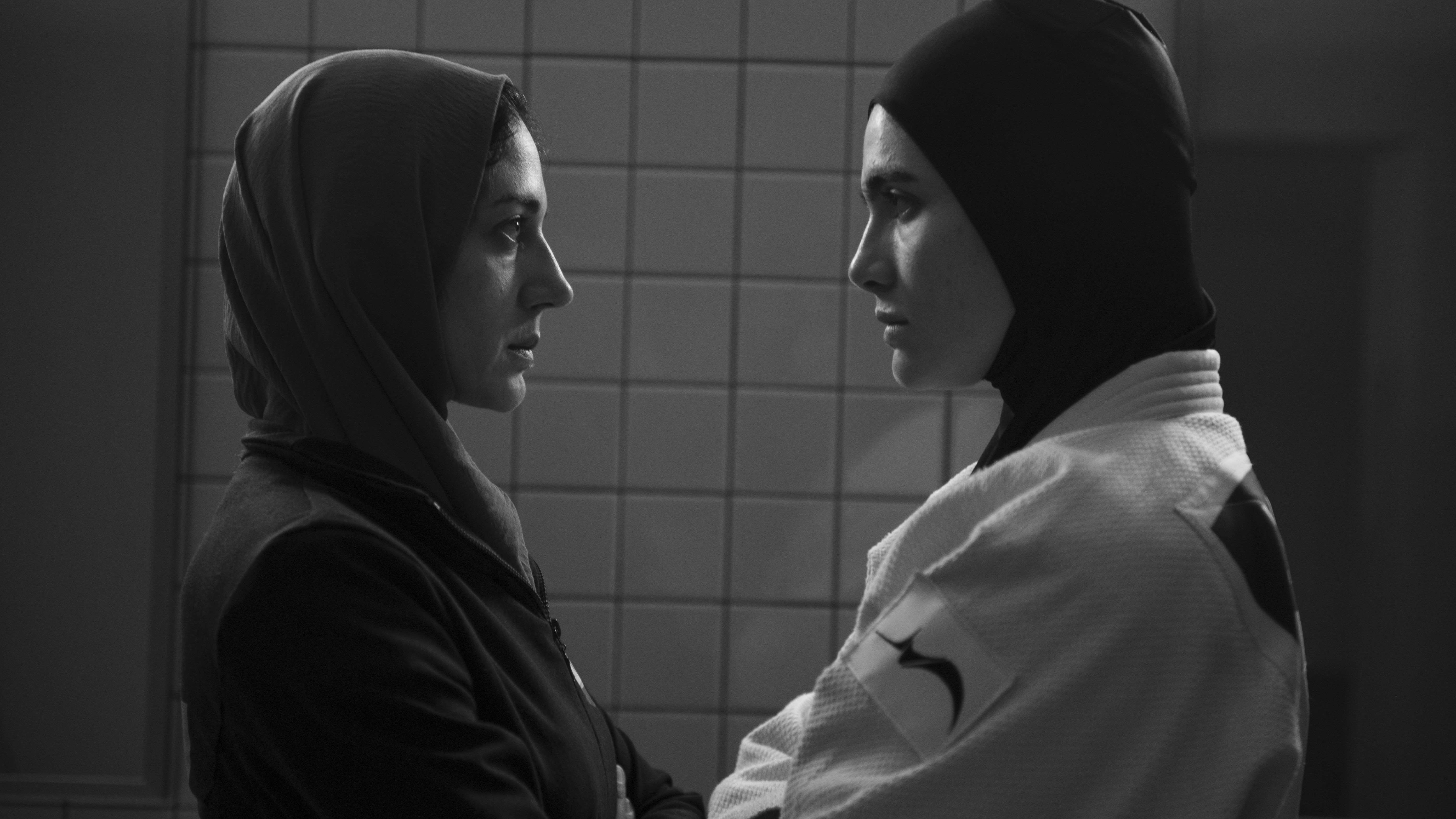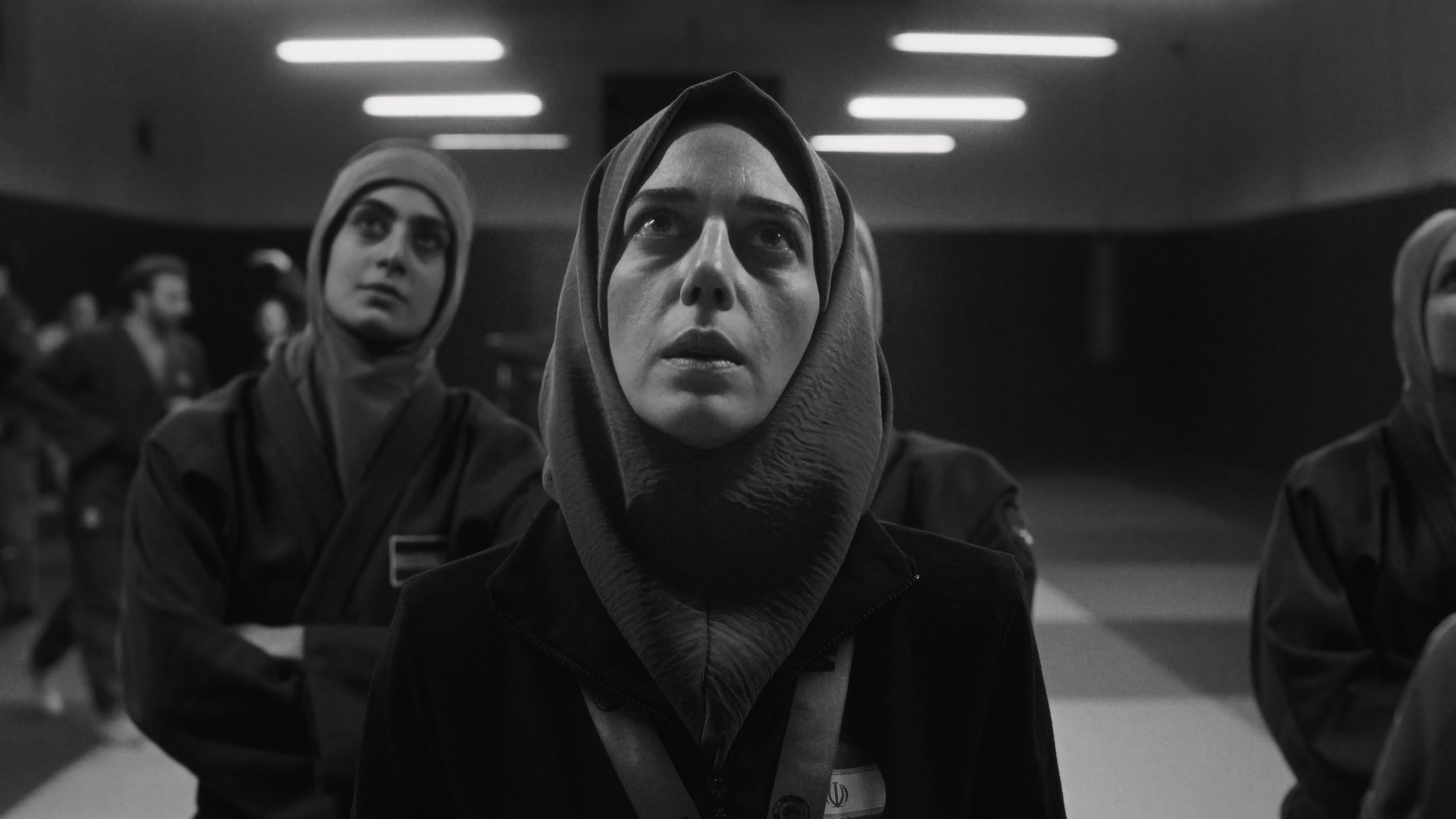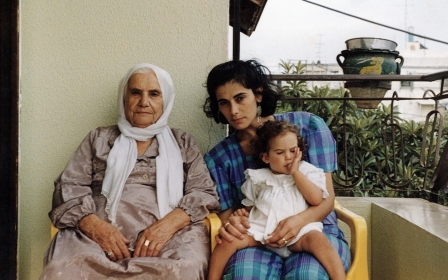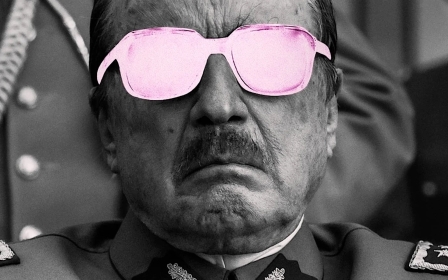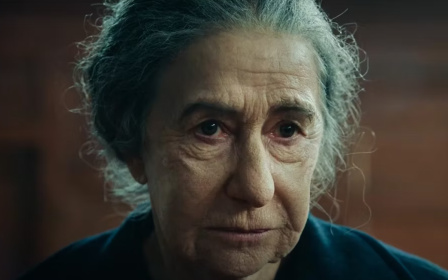Tatami: Israeli-Iranian film delivers a knockout but ducks the politics of boycott

By the 20th minute of Tatami, the newly released Iranian sports drama, this writer found himself uncontrollably consumed by the film’s dazzling virtuosity.
The moody, noir-like atmosphere, the nail-biting thrills, the intense conflict at hand, and the sympathetic characters are elements seldom experienced in Iranian cinema of late, at least in such a forceful manner.
Tatami is cut from the same cloth as the American sports noirs of the 1950s rather than the subtler, if no less brilliant, cinema of the late Abbas Kiarostami, Mohsen Makhmalbaf, or even Jafar Panahi, whose searing 2006 football drama Offside is radically different in tone, dramatic thrust, and intention.
The sheer bravado of the filmmaking on display could easily elide the picture’s otherwise problematic politics, and judging by the rave reviews in the English-language press, western critics have indeed chosen to overlook these less than obvious and deeply ingrained moral qualms.
But the fact remains that Tatami, for all its bombast, heart-rending moments and indubitable sincerity, is a film with a moot ethical core that champions one great cause at the expense of another.
New MEE newsletter: Jerusalem Dispatch
Sign up to get the latest insights and analysis on Israel-Palestine, alongside Turkey Unpacked and other MEE newsletters
The film, which received its world premiere last month at the Venice Film Festival, has been billed as the first production, co-directed by an Israeli – Golda director Guy Nattiv – and an Iranian – actress Zar Amir Ebrahimi of Holy Spider fame.
Ebrahimi plays Maryam, the coach of a women’s team competing at the Judo World Championship. The team’s star player Leila (American-Iranian TV actress Arienne Mandi) beats the odds and steadily progresses to the advanced stages.
Trouble hits when Maryam receives a call from the minister of sports instructing her to have Leila pull out of the tournament in order not to face Israel’s player and cause embarrassment to the nation’s supreme leaders in the event of a loss.
Supported by her husband, family and friends, the headstrong Leila falls into a brutal dilemma: withdraw from the tournament and waste a rare opportunity to establish herself as one of the world’s finest judo players, or go against her government and put her and her family’s lives in jeopardy.
A rash decision opens up the gates of hell on her, her family, and her initially obliging coach, instigating a cat-and-mouse game unfolding on and off the fighting ring. Personal glory is soon replaced by a burning desire to rail for justice: to defy and challenge the evil of an autocratic system that has brought nothing but lasting pain and misfortune on its people.
A history of boycotts
Strikingly shot in monochrome by cinematographer Todd Martin, Tatami is arguably the best Iranian sports movie ever made: an impassioned thriller about two women pushed to the edge by a relentless, conceited authority whose sole preoccupation is saving face.
The plight of the athletes is undeniably real, while the true face of the corrupt, misogynistic Iranian authorities is well known to the world by now.
Iranian sports have a long history of deflections, boycotts, and stand-offs not just with Israel but with various western powers. Tatami is loosely inspired by the story of Saeid Mollaei, the judoka who brushed off the orders of the Iranian authorities to withdraw from the 2019 World Judo Championships in Tokyo in order not to face an Israeli world champion Sagi Muki in the final.
The episode led to the expulsion of Iran from future judo competitions.
Mollaei, meanwhile, acquired Mongolian citizenship the same year and went on to compete in the 2021 Tel Aviv Grand Prix.
The limited western coverage of the Mollaei case, however, omitted various key factors: the athletes’ financial status and class, the overall poor conditions of sports in Iran, the intense scrutiny every player is subjected to, and, most important of all, the general attitude of Iranian people towards normalising relations with Israel.
It is not rare for Middle Eastern athletes to refuse to play against Israeli opponents, to protest both Israel’s apartheid against Palestinians and signal their refusal to normalise relations with the Zionist state.
The history of Israel boycotts in sports is also long, dating back at least to 1974 when Kuwait initiated the expulsion of Israel from the Asian Football Confederation.
Various Middle Eastern athletes have refused to shake hands with Israeli sportspeople over the decades, the most famous of which is Egyptian football superstar Mohamed Salah – the country’s most beloved figure – who sparked a furore during his stint with Swiss club Basel for coming up with a feeble excuse not to salute the Maccabi Tel Aviv players, and was reportedly reluctant to play in Israel before the club hierarchies forced him to.
In 2018, Tunisia, then the most democratic and liberal country in the region, refused to grant visas to Israeli players seeking participation in the international chess competition it was hosting. This year, three Tunisian chess players were expelled from the FIDE World School Chess Championships in Greece for boycotting Israeli players
In 2020, uninfluenced by their sports federation, Algeria’s Fethi Nourine and Sudan’s Mohamed Abdalrasool independently dropped out of the Tokyo 2020 Olympic Games in order not to face Israeli opponent Tohar Butbul. The former received a 10-year ban and had his accreditation withdrawn by the Algerian Olympic Committee.
The boycott of Israel in sports has not been restricted to Middle Eastern athletes. In 2009, amid the Gaza war, the tennis authorities in Malmo, Sweden, attempted to cancel a Davis Cup match between Israel and Sweden for what the city’s mayor described as “Israel's crimes against human rights”.
In 2018, Argentina scrapped a friendly football match with Israel that was supposed to be held in Jerusalem in the wake of a widespread campaign led by the Boycott, Divestment and Sanctions (BDS) movement. Former Real Madrid and Juventus star Gonzalo Higuain said at the time that the team had "finally done the right thing”.
None of this history receives any mention in the film, whose events seem to be set in an odd political vacuum. What makes the matter queasier is that the Israeli subplot could have easily been tweaked, modified or simply done without given the complexity of the subject and the ethical need to expound on the aforementioned history.
Instead, it comes off as a superfluous, obligatory clause that justifies the financial and creative involvement of the Israeli parties.
Questions left unanswered
Neither Leila nor Maryam at any point in the film ponder on the ideological symbolism of shaking hands, let alone playing against Israeli athletes. For a picture that is supposed to be political, the characters at hand are bafflingly depoliticised: their interests are purely self-serving, detached from the region’s heated relationship with Israeli sports.
Ebrahimi – a highly respected icon for leftist Middle Easterners – does accurately capture the frustration and oppression of the Iranian athletes who are always intimidated by a regime that dictates their behaviour, including the female players’ compulsion to don the veil against their will - the scene when Leila finally removes her headscarf is admittedly the most liberating in the film.
What Ebrahimi essentially provides is a snapshot of the aggression and fear-mongering tactics the Islamic Republic has subjected its athletes to for decades while also hinting at the apathy and disapproval of the Iranian public towards their country’s policies against Israel.
But there’s nothing more to her method than this surface analysis.
What nurtured this indifference? Do Iranians share the same disinterest towards Israel’s long history of bloodshed in the region? Had state oppression not existed, would all Iranian athletes be willing to play against Israelis?
And if a peace treaty is struck with Israel, would the Iranian sportspeople behave any differently from Egyptians, Tunisians, Sudanese, Algerians, or the rest of the region?
Is it the right thing to boycott Israeli athletes? Is it right to treat all Israeli athletes as a stagnant monolith? Does participating and engaging with the Zionist state serve the Palestinian cause better? When is it right to implement a boycott and when is it not? How and when can you draw the line?
Ebrahimi overlooks these myriad fundamental ethical and philosophical questions, exposing in the process the timidity and one-dimensionality of the film’s exasperatingly limited discourse.
The complex relationship of Iranian athletes towards both their country and the Israeli conundrum – of being thrust into a political impasse they did not choose to be part of – is relegated to a footnote in the story, diminished by the mechanics of the narrative and the artifice of the film’s visuals.
Given the fact that Israeli money has been funnelled into bankrolling the film; given the fact that no other Iranian filmmakers in the diaspora – from the Makhmalbaf family to Bahman Ghobadi – has ever received Israeli funding for their critical pictures, Ebrahimi needed to have at least provided some criticism of her donors, especially since securing funding for such a project from Europe would not have been an issue. But she never does.
Accomplished but flawed
Guy Nattiv’s pro-Israel stance is quite palpable in his films, most prominently in his recent production Golda which was described by Haaretz as “The truth trampled for the sake of a fake narrative.”
In a Hollywood Reporter interview, Nattiv does acknowledge his country’s “racism toward Ethiopians, Palestinians and other Arabs, plus the violent activities of Israeli settlers,” but his stance largely falls in line with other centrist Israelis.
Contrary to many of his leftist peers, such as Eran Kolirin and Ra'anan Alexandrowicz, Nattiv’s condemnation of Israel’s far right has never figured in his movies, nor has he publicly advocated the end of his country’s occupation of Palestine, or the Palestinian right of return, or any discernible politics for that matter.
There would have been less ethical qualms had Tatami been made with staunch Israeli critics such as Amos Gitai or Avi Mograbi. But Nattiv’s involvement, coupled with the finances obtained from various Israeli sources, shrouds the enterprise with an indelible aura of distrust.
That’s particularly important since no Middle Eastern filmmaker has openly accepted Israeli funding before, apart from a handful of 48-Palestinian filmmakers who, given the fact that they’re tax-paying citizens of Israel, are entitled to these funds.
To add insult to injury, Nattiv told the Hollywood Reporter that Ebrahimi informed him that “she’d had been dreaming about this moment (visiting Israel), because she’d been looking at Israel as something so hostile from back home when she was a kid, and now she’s there drinking coffee with her Israeli friend.”
For the casual observer, it’s difficult not to wonder about the millions of Palestinians who, being trapped in their besieged homeland for more than half a century, were never granted the luxury of enjoying a simple thing as coffee in a country that has never ceased humiliating them and subject them to the same type of injustice that Iranians have suffered at the hands of the Islamic Republic.
Tatami is an accomplished piece of storytelling; a powerful feminist rally against one of the most tyrannical regimes on the planet
Ebrahimi mentioned the anti-government protests she felt strongly about in the same interview, but none of this critical sentiment made it to the finished film.
As a film, Tatami is an accomplished piece of storytelling; a powerful feminist rally against one of the most tyrannical regimes on the planet.
Yet its intentional silence about Israeli aggression against its enemies, in addition to the lack of a tangible political and historical context for the regional sports rivalry, ultimately renders it as blatant propaganda for normalisation.
It is the same agenda Israel has been pushing for more than half a century in the region; an agenda that Ebrahimi, herself a victim of Iran’s sadistic policies, is now promulgating.
The difference between great and mediocre art is dependent on the profundity and richness of its intellectual and political discourse.
Tatami – a film nowhere near as rebellious as it thinks it is – asks no challenging questions, leaving its audience with nothing complex to ponder. Instead of creating a space for a discussion, it dictates. Emotions are easy to draw, but unorthodox and thought-provoking ideas are not.
Middle East Eye delivers independent and unrivalled coverage and analysis of the Middle East, North Africa and beyond. To learn more about republishing this content and the associated fees, please fill out this form. More about MEE can be found here.


